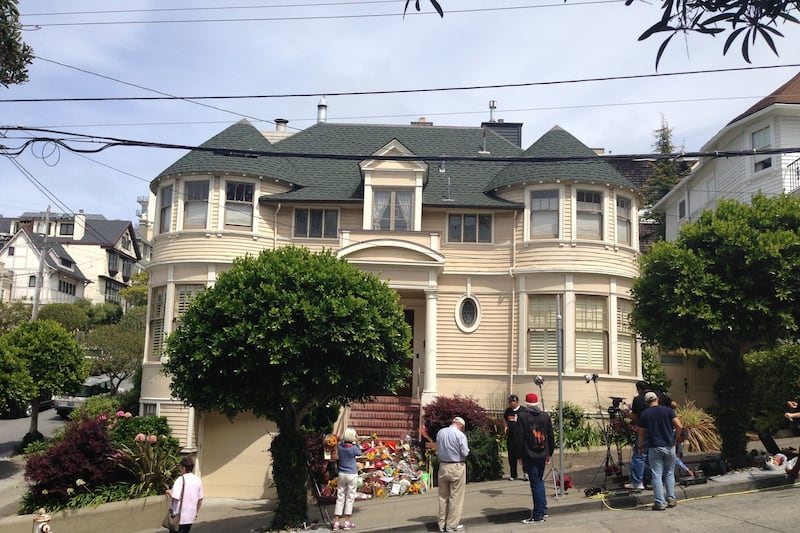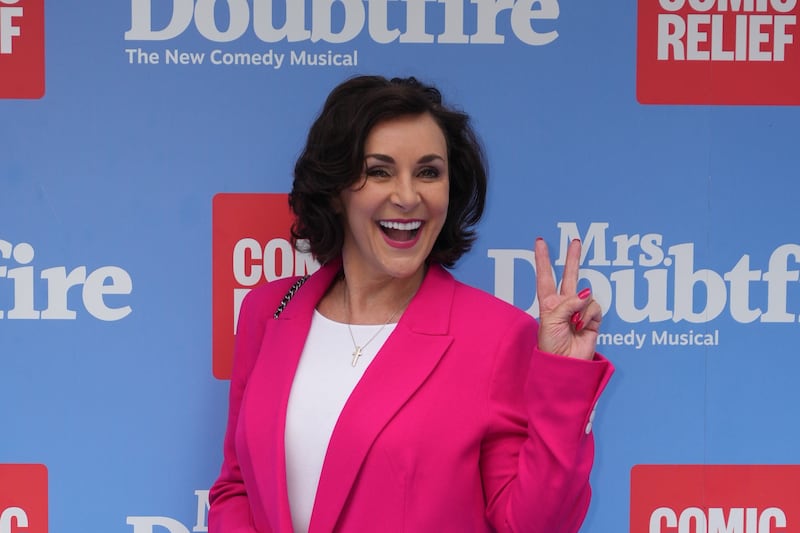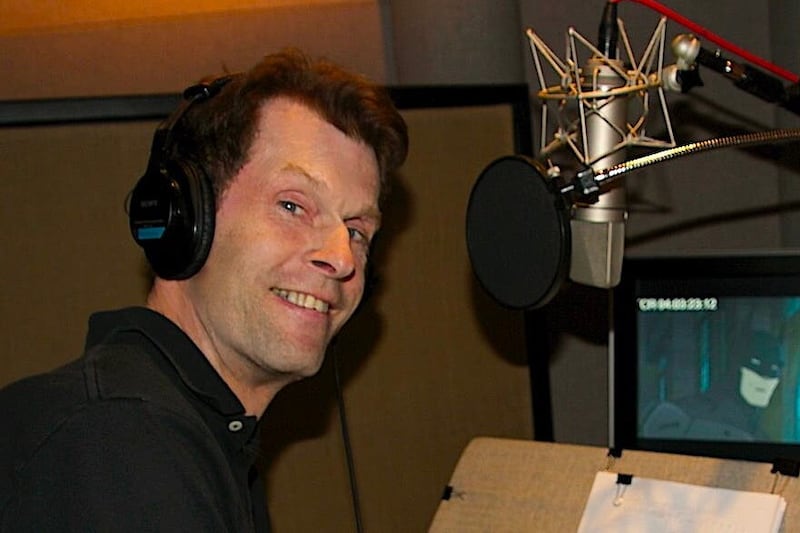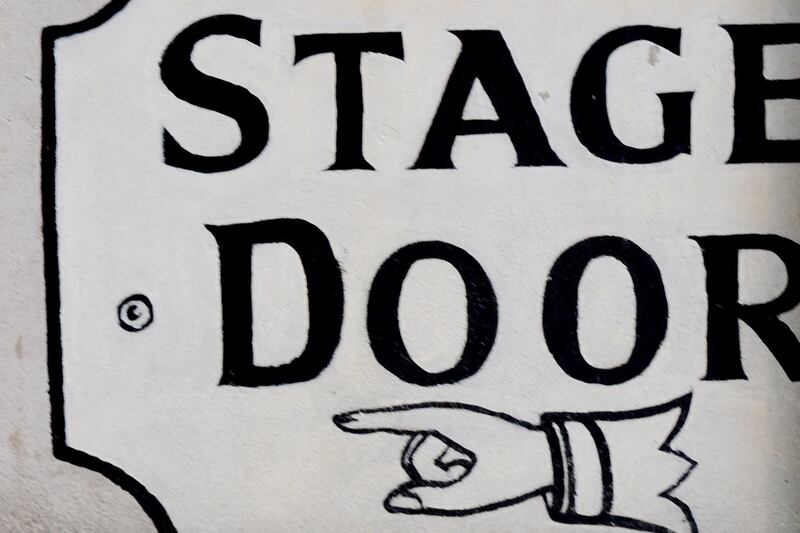THE manic energy of tragic American comedian and actor Robin Williams is making Northern Ireland theatre-goers laugh and weep in equal measure – thanks to the talents of Belfast playwright, Kieron Magee.
His sell-out play Robin Williams: The Laughter and The Tears has been running in regional theatres across the north during August and is playing in the Alley Theatre, Strabane, on Saturday, before moving to Monaghan and winding up at the Waterfront in Belfast at the end of September.
Featuring just one actor – Belfast man John Travers – the play is a rollercoaster ride through the Oscar winner's life before his death by suicide in August 2014 at age 63.
For Magee, a long-time fan of Williams, right back to his Mork and Mindy days, the reason for tackling what is his biggest work to date, was simple: to put mental health back on our social conscience and send home a theatrical message that suicide is never the answer.
"I had a close friend who took his own life in 1999 and I work with damaged children, teaching English at the Glenmona Resource Centre in Belfast, so mental health issues and being open about them is something I have encountered in my both personal and professional life," says the 46 year-old part-time playwright.
He studied drama as part of his English and History Degree at Queen's University and has been writing plays ever since, but The Laughter and The Tears has been the most challenging so far – not least for the prerequisite hours spent in research "with notebook and pen in hand" listening to the numerous interviews which inevitably followed the star's death.
The most revealing, he says, was one featuring a "blow-by-blow" account of the actor's last days, given by his widow, Susan Schneider, in which she spoke openly about her husband's demons and steadily declining mental state.
"Like most people, I looked upon Robin Williams as this supremely talented, but affable character, so I was shocked to learn about his struggles with addictions to cocaine and alcohol that were mostly kept hidden," Magee says. "I learned a lot from listening to and reading the various interviews given after his death and they made me realise what a complex character he really was."
Transferring that complexity to the stage was another matter, but, luckily, he had remembered seeing Travers before in a two-man play and knew he was perfect.
"John had this amazing energy on stage and, after I had written the play, I knew he was the one person who could nail the character," he says. "He is also a huge Williams fan himself, so that definitely helped."
It took six months to research and write a linear narrative, with the premise based around Williams's return to Earth from Heaven "to set the record straight".
"There's been so much rubbish written about him, so basically, he comes back to tell it how it is," Magee says. "The message is clearly that, with the benefit of hindsight, he made a mistake and should have talked to his wife about what was really going on in his head.
"The play is a look at Robin Williams and how brilliant he was and how he could make us laugh, but I hope it is also seen as a vehicle to make people think more about suicide – and about never thinking it is an option."
The play is divided into two acts, with the first focussing on the laughter and second looking at the "darkness" surrounding the versatile, much-loved star of Mrs Doubtfire, The Dead Poet Society and Good Will Hunting.
"The story starts right at the beginning – his early life, with his parents, which, in the end, proved a catalyst for some of his later problems," Magee explains. "The psychology, as he saw it, points to a lack of affection as a child which could not be compensated for by a wealthy lifestyle and living in a huge mansion – where he was very much alone.
The writer doesn't shirk away from the shadowy corners of the Williams biography; he delves into the paranoia and delusions which became apparent towards the end of his life, zooming in on one particular episode when the troubled actor stuffs all his wristwatches – he was an avid collector, apparently – into a sock and drives round to his friend's house to give them to him, perhaps as a parting gift.
"It is very sad, but the play, like his life, is counterbalanced by very funny moments and the zany intelligence and great, quick-thinking wit which marked Williams out among his contemporaries," Magee adds. "There really is a mix of laughter and tears – and the aching knowledge that the end could have played out so differently."
:: Robin Williams: The Laughter and the Tears, presented by Tread the Board theatre company, September 2, Alley Theatre, Strabane. Tickets (£10) from the box office, 028 7138 4444.







